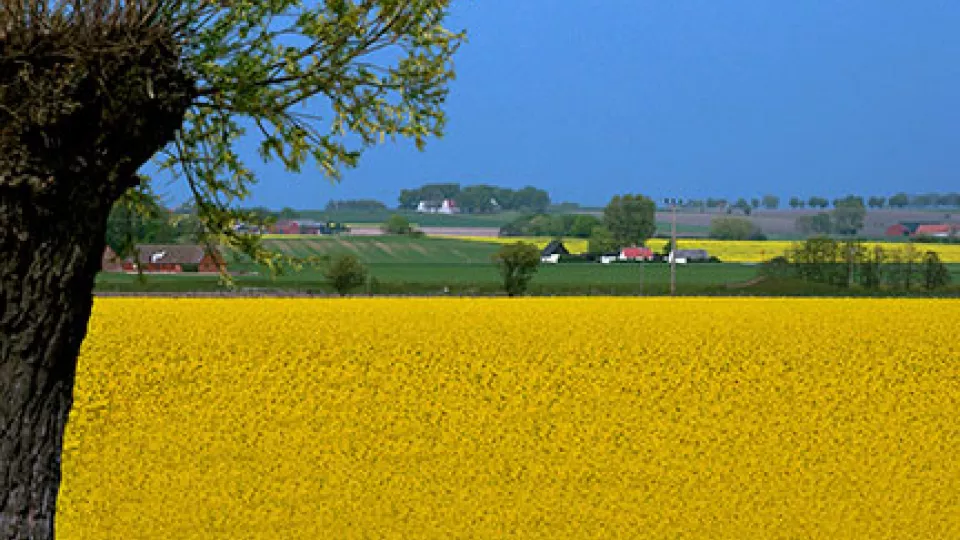On May 11-13 a LPJ-GUESS workshop was held at Hotel Öresund in Landskrona, bringing together around 60 leading researchers within the dynamic global vegetation modelling (DGVM) community to discuss issues related to the current state of these models and potential for their development.
Based on recent findings about limitations in current DGVMs the aim of the meeting was to discuss recent advances and current key topics in vegetation and land cover dynamics modelling, and to contribute to formulating a joint research agenda for transition towards a next (third) generation of DGVMs, addressing key cur¬rent issues in ecosystem and climate science.
The meeting included short presentations from invited speakers as well as break out groups to discuss in-depth topics in relation to the scope of the conference (see detailed schedule).
In addition to bringing together researchers from the large and expanding LPJ-GUESS research community the meeting resulted in a list of six potential papers, each associated to a group of interested contributors.
The meeting was organised by a scientific committee headed by Ben Smith and was coordinated by Per Bodin. LPJ-GUESS is a Dynamical Global Vegetation model (DGVM) maintained and further developed at the Department of Physical Geography and Ecosystem Science in Lund.


